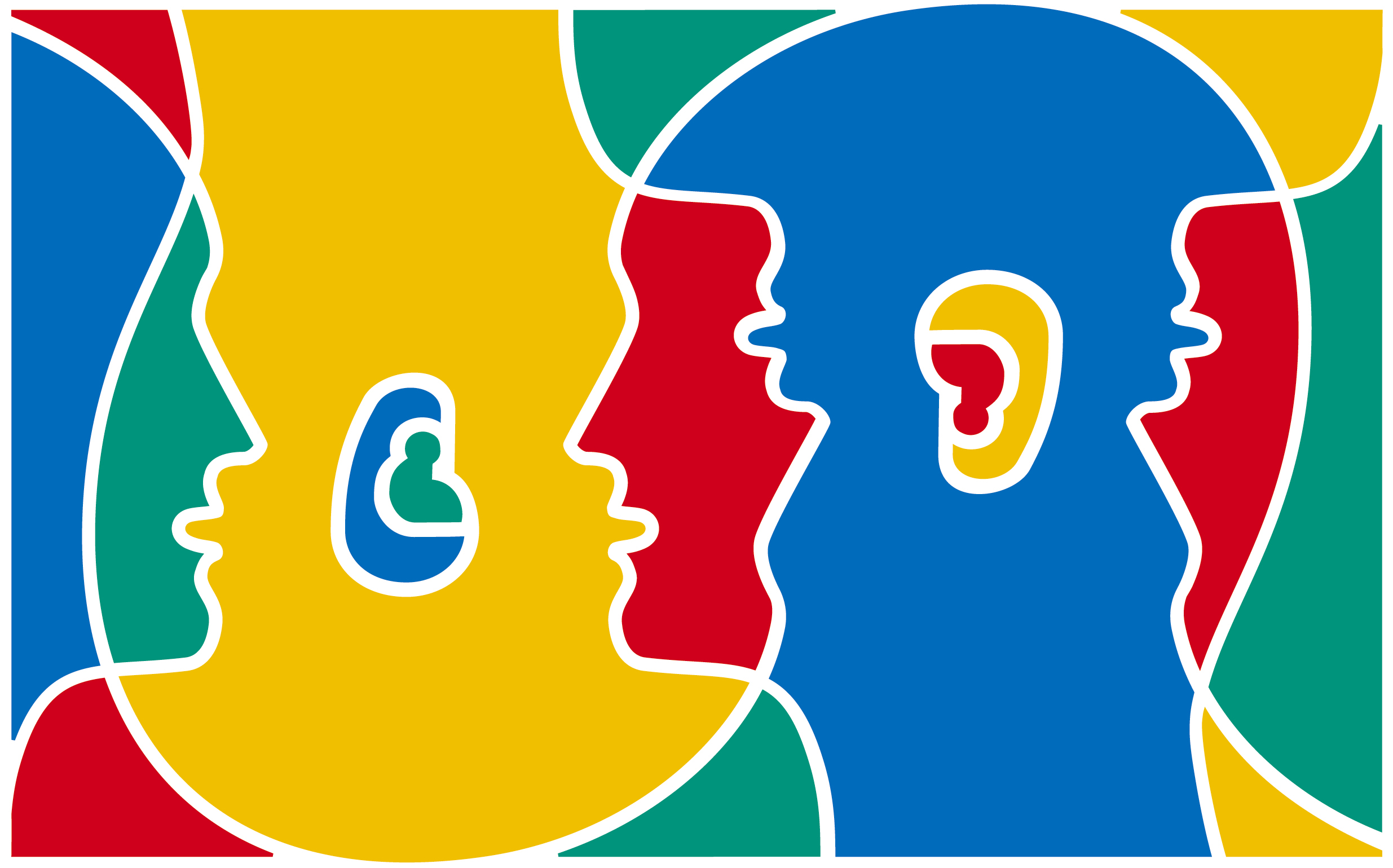In response to The New York Times article “650 Prompts for Narrative and Personal Writing.”
353. “What Words Do You Hate?”
The Cambridge University Press textbook we use to teach English to intermediate students has a list of the top 500 most used words in the English language. Number 5 is “uh,” 23 is “huh,” and 36 is “um.” Hate is a strong word, but I hear these speech hiccups all the time, and they are quite detestable. Not the speaker, no, there’s usually a good speech behind that sputtered mind churning ideas; if only their thoughts weren’t studded in “uhs,” because they disconnect me from the speech. Funny enough, the opposite happens when a speaker doesn’t use disfluency, doesn’t go “um,” where I get so engaged waiting for the next “um” that I end up paying extra attention to the speaker, and soon am drawn deeply in to the speech itself.
354. “What Words or Phrases Do You Think Are Overused?”
The three above, plus “well” and “so” (to continue a conversation; even in text, or dialogue in writing, UM, ehr, ugh, well…), and then particular phrases I believe are personal ticks: everyone has their own handful of phrases they over-use unconsciously. Even I do. “Let me know.” “Have a great week.” “On my way.” (Side note, the “!” is over-used. It’s employed, to my ear, for the exact opposite of its intention: to soften a message, or to appear friendly, when in fact the true-! is about EXCLAMATION. We need to stop SHOUTING. To this point F. Scott once said: “An exclamation point is like laughing at your own joke.”)
355. “How Much Slang Do You Use? What are Your Favorite Words?”
“A lot.” “Word.” “Cat.” “Dawg.” “Take it easy.” “Sup.” Sounding out the acronyms: “el oh el,” “oh em gee,” and “tee why.” It’s fun. I remember asking a marketing professor for advice once after class, and his only suggestion for me was, “You gotta have some attitude, make others relax” — which he said as he drifted his head over his shoulders with rhythm — “Instead of saying, ‘Hello, my name is,’ to people, you should say, ‘What’s up, man, what’s your name?”
356. “What Current Slang Words Do You Think Will Endure?”
“Hipster,” “Photoshopped,” “Distruptive.”
357. “Why Do People Say ‘Like,’ and ‘Totally,’ All the Time?”
Because their friends do.
358. “Do You Say ‘Kind Of,’ ‘Sort Of’ More Than You Realize?”
No, I realize it. And I make them “kinda,” “sorta.” I also say “of course,” and “anyway,” and “all this to say” a lot. A workshop professor recommended we keep a journal of phrasal ticks, so we can avoid using them in our writing all the time. If you find yourself smiling at a neat turn of phrase you’ve just penned down, beware: you might use it again and again and again, sometimes on the same page, sometimes in the same paragraph.
359. “How Much Do You Curse?”
Less now than before. It’s gotten to where if I do it in public, it’s conscious and on purpose, and therefore a bit more awkward than it use to be. I remember not being allowed to curse at home, and then I started watching Aqua Team Hunger Force. For a while I found myself cursing a lot, and uncontrollably. Now, not so much. Fuck it.
360. “How Good are You At Coming Up With Witty Comebacks?”
Wish I was better. How does one improve? Watch lots of movies, pay attention to the conversation, say the first thing that comes to mind? Would you share your secret were you witty? Don’t say it’s natural. My uncle Ale for example has a mind like a knife, and in English and Spanish no less, and a humor I respect. You can’t say a thing without him connecting what you said, with what’s going on, with what’s about to happen, and with a movie or work of art or song, mixed in with some social commentary, and an attitude. It’s like his mind and ears and mouth worked one on top of the other.
361. “When Did You Last Have a Great Conversation?”
Jesus, like one-on-one? I can’t recall one super recent. I have sensational conversations with Ian and Greg, ones that go on for hours, with lulls and highs, and references, and new ideas, never forced, ever funny. Also, every day in class (teaching) is a day of great conversations: my students are stunning, interesting individuals, and we practice our speaking, and share ourselves.
362. “How Often Do You Have ‘Deep Discussions’?”
I only have deep discussions. Even if forcibly kept to the surface, I believe we’re all trying to express that inner most idea, whether we know it or not; something always slips out in conversation, and it’s elemental to a good discussion to understand what someone really means.
363. “Do You Wish Your Conversations were Less ‘Small Talk,’ and More ‘Big Talk’?”
Talk is talk. I like it all. What I wish is for more kindness, true, even if it were only small talk. Few things are more awkward than greeting a co-worker or classmate, and having them barely acknowledge you without so much as a “Hello.” I go back to a moment at the top floor of a hostel in Tokyo, where a band of Aussies were watching a new Kiesza music video. I noticed, and commented on the dancing. “Cool, right?” They looked at me, not without the face of genuine who-the-hell-are-you, and proceeded to turn back down to their phone. I walked over to my buddy, Ian, and asked him if he thought people had to be nice to strangers. “Not everyone has to like you.” Point taken.
364. “When Do You Choose Making a Phone Call Over Sending a Text?”
First dates. Good friends on a weekly call schedule. Almost always.
365. “How Much Information is ‘Too Much Information’?”
I’ll listen to anyone talk about anything and, if interesting, for any amount of time. Speak. Speak. Speak. As for me, I’ve gotten the TMI face from people more than a few times. I guess the question I’d ask is, “How far can you go? How much can you tell me?” Don’t stop.
366. “Do You Sometimes ‘Hide’ Behind Irony?”
No. Insincerity is annoying.
367. “How Good is Your Grammar?”
Grammar my good is sometimes, much though I prefer a syntactical arrangement of change in many a sentence. Side note, every grammar lesson I’ve taught, I’ve learning something new or reviewing something essential. Grammar, good. Good speech, great. Practice we must.
368. “Do You Speak a Second, or Third Language?”
My dream is to speak four. Why not? I grew up with Spanish, lived in the States with English, studied French in high school and college, and started learning Russian in grad school. It’s tough, but it helps my teaching to be a student. Italian would be fun — it’s the prettiest, no one denies this. Language is bomb.
369. “Do You Remember Learning a New Word?”
All the time. I keep word journals (noun, adjective, verb, substantivo, adjectivo, verbo). That last word I brought to full use was “Metonymy”: where in speech or writing you substitute a part of an object for the whole object. Example: “Nice wheels,” when you mean the whole car. Or calling an exec a “suit.” Or, from the book where I got the word, What We See When We Read, the example was Athena’s epithet in the Odyssey: “Gray-eyed.” Pretty neat word, metonymy, especially if your into the whole Joycean bit about the universal being contained in the particular. (“Pastiche,” on the other hand, is a word I keep having to look up, not sure why, but it sounds cool, and should be employed passive-aggressively when describing an enemy’s work.)
370. “What Does Your Body Language Communicate?”
We tell one another that only 20% of communication is verbal, the rest non-verbal. I tend to buy this idea. Growing up my father taught us that the words someone uses is only a small part of what is communicated. We often say “No,” when we mean “Yes,” and vice-versa. In Anna Karenina, we read the narrator comment on what a character does, in almost as much as detail as what the character says, to communicate fuller meaning:
The whole family was sitting at dinner. Dolly’s children were making plans with the governess and Varenka about where to go mushrooming. Sergei Ivanovich, whose intellect and learning enjoyed a respect among all the guests amounting almost to veneration, surprised them all by mixing into the conversation about mushrooms.
‘Take me with you. I like mushrooming very much,’ he said, looking at Varenka. ‘I find it a very good occupation.’
‘Why, we’d be very glad to,’ Varenka said, blushing. Kitty exchanged meaningful glances with Dolly. The suggestion of the learned and intelligent Sergei Ivanovich that he go mushrooming with Varenka confirmed some of Kitty’s surmises, which had occupied her very much of late.
On the page we see two potential lovers in a verbal and non-verbal communication, one so loud that it might as well have been spelled out for the young and observant Kitty. We know Sergei loves Varenka, and that Varenka loves Sergei, from this moment alone. The irony, and perhaps the trouble with not expressing oneself verbally, is that this relationship (as far as I’ve read) never goes past the verbal topic of mushrooms. When the two go out picking, they hesitate from communicating their true feelings, and split without telling the other how they feel inside, non-verbally. A shame. (Fingers crossed they get together later on.)




